The Invisible Guardian of Cardiovascular Health: Molecular Hydrogen
Cardiovascular disease remains the leading cause of death in Malaysia — but recent scientific discoveries are shedding new light on prevention and wellness. In this article, we explore how molecular hydrogen (H₂), known for its selective antioxidant and anti-inflammatory properties, is emerging as an “invisible guardian” of heart health. Learn how hydrogen therapy supports blood pressure balance, vascular repair, and metabolic stability from a scientific perspective, and why molecular hydrogen medicine is considered a promising frontier in holistic cardiovascular care.
WELLNESS INSIGHTS BLOG
11/3/20255 min read
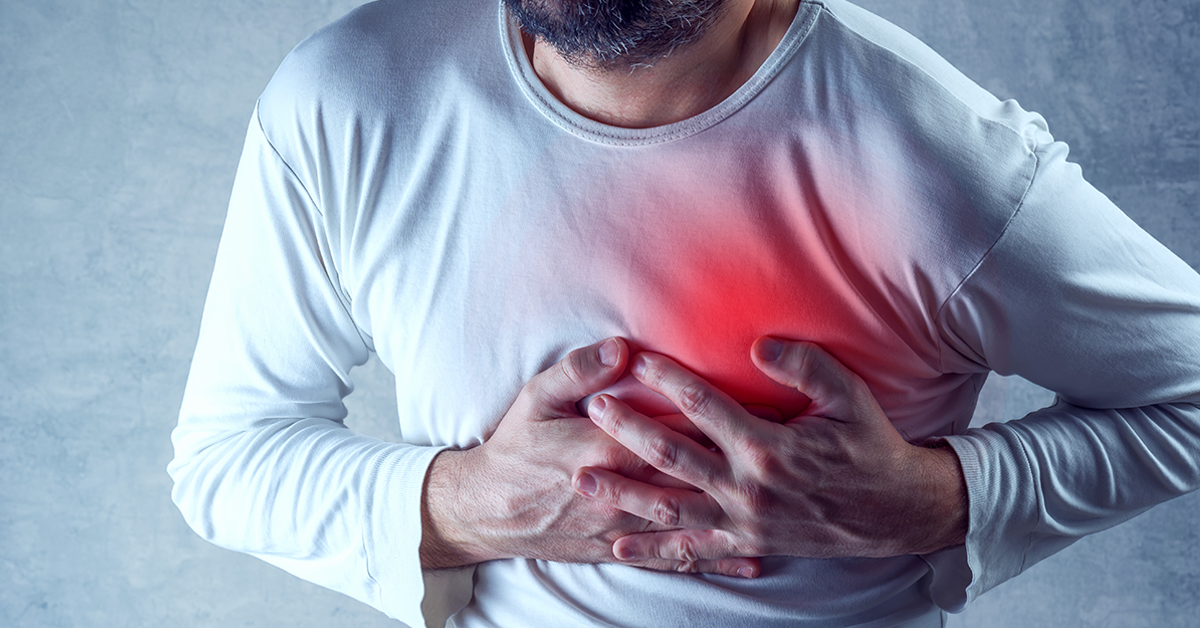

According to the World Health Organization (WHO), cardiovascular diseases (CVDs) claim approximately 17.9 million lives worldwide every year — that’s one person every 20 seconds.
From hypertension and coronary artery disease to myocardial infarction and stroke, these conditions are like “ticking time bombs” hidden within the body, silently threatening human health.
In this ongoing battle against cardiovascular diseases, a seemingly simple and tiny molecule — molecular hydrogen (H₂) — has emerged as a unique biological agent that quietly protects cardiovascular health, earning the name “the invisible guardian.”
1. Cardiovascular Diseases — The No. 1 Threat to Modern Health
Cardiovascular disease (CVD) is a complex condition linked to multiple risk factors, including age, genetics, and lifestyle. In Malaysia, CVDs remain one of the leading causes of death. According to the Department of Statistics Malaysia, ischaemic heart disease accounted for 16.1% of medically certified deaths in 2022.
Furthermore, a 2025 study found that 21.4% of Malaysian adults fall into the “high 10-year CVD risk” category, representing approximately 3.6 million individuals facing elevated cardiovascular risk.
Unhealthy habits such as a high-salt, high-fat diet, lack of exercise, smoking, excessive alcohol intake, and chronic stress can lead to abnormal blood lipids, high blood pressure, and glucose fluctuations — all of which contribute to atherosclerosis. When plaque in the arterial walls grows, ruptures, and blocks blood flow, it can result in life-threatening events like myocardial infarction or stroke.
For older adults, natural aging causes the cardiovascular system to lose elasticity, making blood vessels more fragile and susceptible to damage. Among younger adults, prolonged stress, poor sleep patterns, and dependence on fast food have led to a growing trend of early-onset cardiovascular diseases.
These conditions not only cause physical suffering but also severely impact quality of life and impose heavy economic burdens on families and society. For the Malaysian Chinese community, where urbanization, work-related stress, and Westernized diets are common, protecting cardiovascular health has become increasingly urgent.
2. Molecular Hydrogen — The “Secret Weapon” for Cardiovascular Protection
Molecular hydrogen (H₂) is the smallest molecule in nature, with strong diffusibility and excellent biological safety. Over the past decade, numerous studies have demonstrated that hydrogen molecules play multi-dimensional protective roles in cardiovascular health and disease prevention.
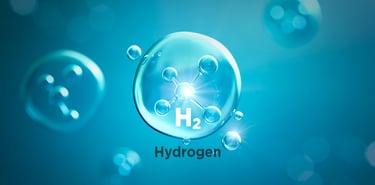

(1) Anti-inflammatory and Antioxidant Effects — Repairing Vascular Endothelium
The vascular endothelium is a vital barrier between the bloodstream and vessel walls. Its proper function is essential to cardiovascular stability. However, oxidative stress and chronic inflammation can damage endothelial cells, leading to dysfunction — the initial step in atherosclerosis.
Hydrogen molecules act as selective antioxidants, targeting and neutralizing highly toxic free radicals such as hydroxyl radicals (·OH) and peroxynitrite anions (ONOO⁻), while sparing beneficial free radicals necessary for normal physiological processes.
By reducing oxidative stress, molecular hydrogen helps repair and regenerate endothelial cells. Additionally, it can inhibit inflammatory signaling pathways, decrease pro-inflammatory cytokine release, and stabilize arterial plaques — thereby reducing the risk of plaque rupture and thrombosis.
(3) Protecting Heart Cells — Reducing Ischemia-Reperfusion Injury
Abnormal lipid and glucose metabolism are major contributors to cardiovascular risk.
Research suggests that hydrogen molecules can help regulate lipid metabolism, reducing total cholesterol, triglycerides, and low-density lipoprotein cholesterol (LDL-C), while increasing high-density lipoprotein cholesterol (HDL-C) — the “good cholesterol” that removes cholesterol from arterial walls and transports it to the liver for metabolism.
In terms of glucose regulation, hydrogen can enhance insulin sensitivity, promote cellular glucose uptake and utilization, and help maintain healthy blood sugar levels. For individuals with diabetes, maintaining stable blood sugar not only prevents complications but also significantly lowers cardiovascular risk.
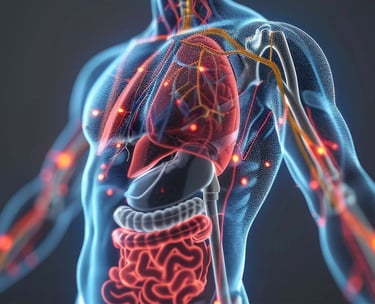

(2) Regulating Lipid and Glucose Metabolism — Correcting Metabolic Imbalances
Myocardial infarction (MI) occurs when coronary arteries become blocked, depriving heart tissue of oxygen and causing cell death.
During treatment, restoring blood flow is critical — but it can paradoxically lead to ischemia-reperfusion injury, further damaging heart cells.
Hydrogen has been shown to alleviate this damage by reducing calcium overload, decreasing reactive oxygen species (ROS) production, and modulating cell apoptosis pathways. Both animal experiments and preliminary clinical studies indicate that early hydrogen intervention can reduce infarct size, improve cardiac function, and increase survival rates among patients with myocardial infarction.
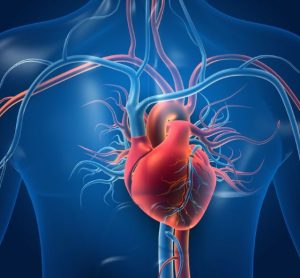

(4) Lowering Blood Pressure — Easing the Heart’s Workload
Chronic hypertension increases the workload on the heart and blood vessels, leading to cardiac hypertrophy, vascular stiffness, and a higher risk of CVD events.
Hydrogen molecules help by regulating vascular smooth muscle cells (VSMCs), promoting vasodilation, and reducing peripheral vascular resistance, thereby lowering blood pressure.
They may also help prevent cardiac remodeling, improving both diastolic and systolic function, which ultimately reduces the heart’s burden.
3. Research Progress and Clinical Applications of Molecular Hydrogen in Cardiovascular Health
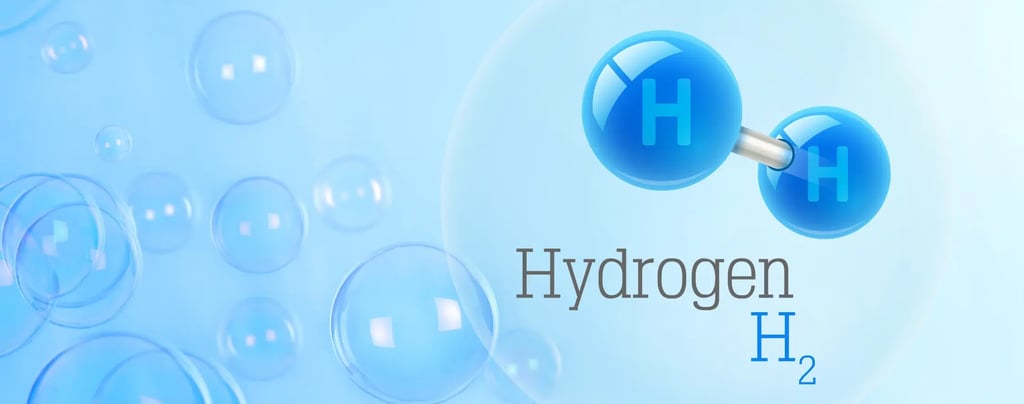

In recent years, molecular hydrogen has gained increasing attention in cardiovascular research.
At the basic science level, numerous studies using cell and animal models have revealed its protective mechanisms in vascular and cardiac tissues, providing a strong theoretical foundation for clinical use.
Clinically, several trials have demonstrated promising results. For example, drinking hydrogen-rich water or inhaling hydrogen gas has shown potential benefits for patients with hypertension, hyperlipidemia, and coronary artery disease.
One study found that after eight weeks of hydrogen-rich water consumption, patients exhibited significantly reduced systolic and diastolic blood pressure, alongside improved oxidative stress markers. Another study showed that inhaled hydrogen therapy, when combined with standard treatments for acute myocardial infarction, helped improve cardiac function and reduce recurrence rates.
Although Malaysia currently lacks large-scale local clinical trials, international research trends in molecular hydrogen medicine offer valuable insights for the region’s healthcare and wellness sectors.
In addition to hydrogen-rich water and hydrogen inhalation, new applications such as hydrogen baths and hydrogen-infused gels are being explored for their potential to enhance circulation, reduce vascular inflammation, and relieve cardiovascular strain.
Important Notice: While molecular hydrogen shows promising biological benefits, it cannot replace medical treatment or prescription drugs.
In compliance with Malaysia’s Food and Drug Regulations, the information provided here is intended for educational and informational purposes only. It does not constitute medical advice or a therapeutic claim. For health-related concerns, always consult a qualified healthcare professional.
For the Malaysian Chinese community — balancing a fast-paced lifestyle, high stress, and changing dietary habits — protecting cardiovascular health requires both scientific awareness and preventive action.
Understanding risk factors, maintaining healthy routines, and embracing innovative wellness approaches such as hydrogen therapy (H₂ therapy) can all contribute to better cardiovascular resilience.
As molecular hydrogen medicine continues to evolve, it stands as a promising frontier in the quest for healthier living.
Together with Bio Young Wellness, let’s protect our hearts from within — and move toward a stronger, younger, and more vibrant future.
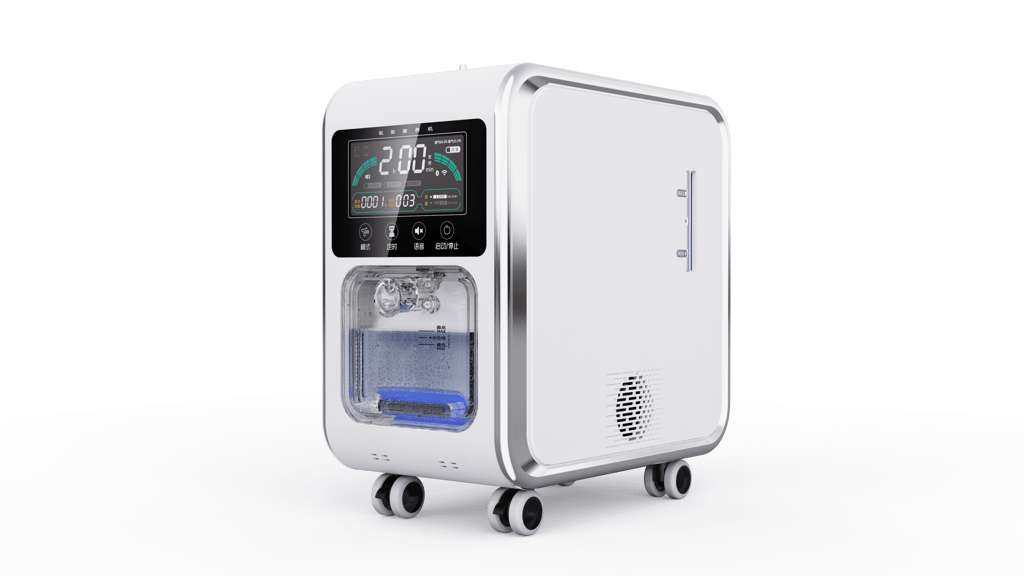

4. Conclusion
Bio Young Wellness
Look Young, Feel Young, Stay Young
Contact Us
Bio Young Wellness Sdn. Bhd. @ 2024. All rights reserved.
support@bioyoungwellness.com
Quick Links
202101020499(1420799-P)


